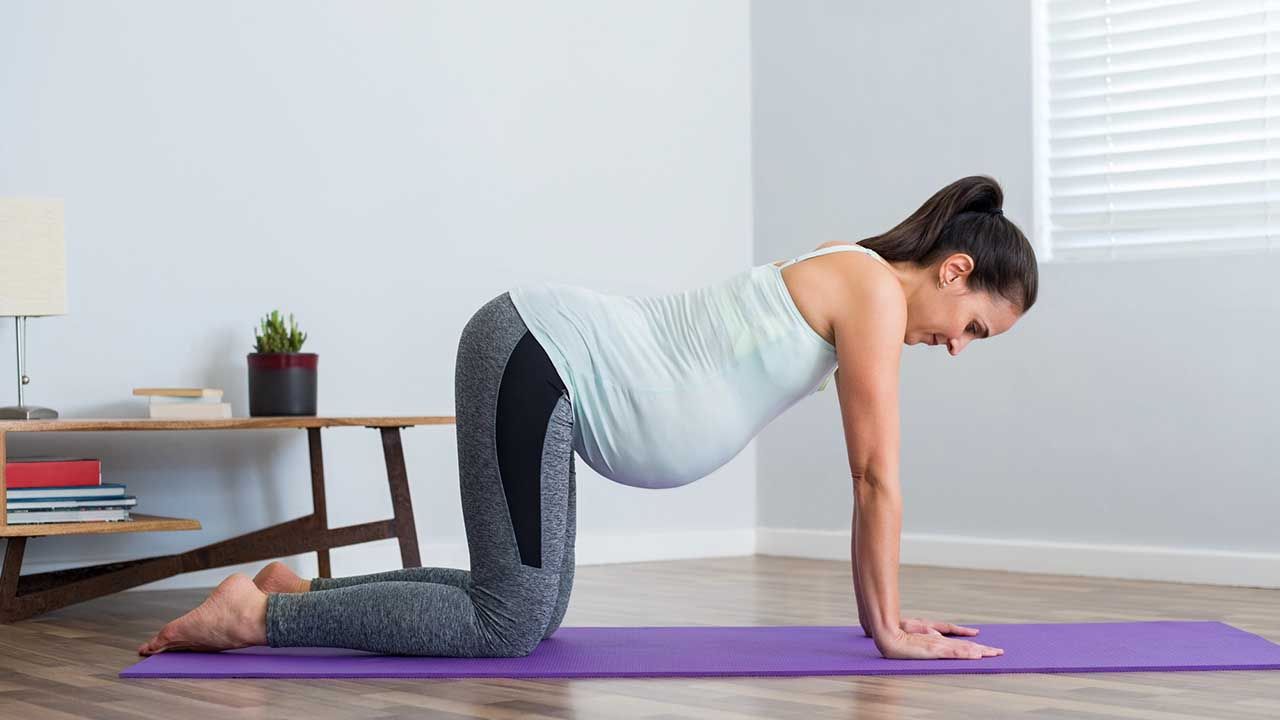Do I Need To 'Feel' My Workout For It To Be Effective?

There's a common misconception that you need to feel something in your body for an exercise to be effective. When we go to gym classes or trainers, we're often told to 'Feel the burn!' - it's an expectation that we need to leave a training session with our muscles feeling like jelly.
While post-workout soreness can be a sign you've trained hard and/or worked out muscles that haven't been challenged that way before, you don't necessarily need to feel something strongly for it to have a positive effect on your body.
Volume of exercise
Generally, the vast majority of people working to improve their fitness have goals that would benefit simply from moving more. The average gym-goer, class taker or personal training session attender typically exercises purposely two or three times a week for a maximum of an hour. In the context of a 168 hour week, it's enough to build strength and get results, but if one session is skipped it can really affect your progress. And if much of the rest of your time is spent doing sedentary activities it can be difficult to tip the balance.
You don't need to do intense workouts for this to happen. If we're talking about energy expenditure for example, it could be shorter, less intense sessions on most days of the week, or more difficult intense sessions a few days a week.
It's also important to remember that getting stronger/fitter or losing weight - two of the most common fitness goals - aren't the only benefits of exercising more.
Exercise has many benefits
The human body wasn't designed to sit down all the time, and yet we are a society that tends to spend a lot of time doing it. When we're eating, driving, watching television, reading, many of us work sitting down, and then we lie down for 7-8 hours to sleep at night.
All of these activities are fine, but it gives reason to think about how we're spending the rest of our day. As well as strength and weight management, exercise can help:
- Manage healthy blood pressure
- Helps to balance your mood and emotions
- Contribute towards regulating hormones
- Improve blood circulation
- Reduces risk of cardiovascular disease
- Boost focus and mental clarity
- Alleviate stress levels
- Improve sleep quality and quantity
How could you move in some way purposely each day to help yourself get these benefits? 5 minute mini workouts? A stretching session? Gentle yoga? Activities with your family? Walking the dog? Taking the stairs instead of the elevator?
There's nothing wrong with an intense workout if you're up to it; this type of training can feel very rewarding, but it's important to be able to balance those workouts with other activities. What would you do if you got injured and couldn't do an intense workout any more? Or if you get sick? Or go on holiday? For your routine to be sustainable in the long term it's good to acknowledge other types of exercise in your daily life.
This goes for stretching too
Did you know you don't actually need to feel a stretch for it to be doing something? Stretching has a lot of benefits, so remember you don't need to be twisting yourself into a pretzel or do big sweeping back bends to alleviate tension in your body and reduce risk of injury.
Image / DepositPhotos









